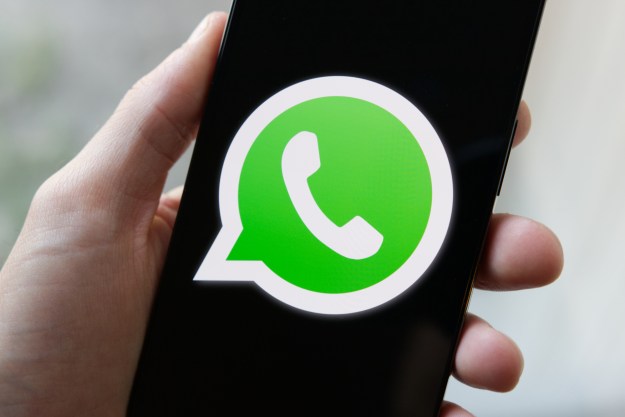Any WhatsApp user can tell you that one of their biggest frustrations with the app is the extent it is tied to your phone. Until now, any time you set up a WhatsApp account, even if it’s on a desktop or iPad, you’re essentially still routing everything through your phone, preventing you from operating multiple independent secondary devices.
That’s all changing with WhatsApp’s new public beta. The rollout is limited, but it brings multi-device capability to the table, letting you use WhatsApp on your phone and up to four other non-phone devices at the same time. And the key part — this works even if your phone battery is dead because each device is connected to WhatsApp independently. This allows you to make a video call on one device while still browsing on your phone or checking your messages on a PC.

But the real technical wizardry is how WhatsApp has addressed the security issues that crop up when introducing multiple devices. One of the big selling points of WhatsApp, together with others like Signal and Telegram, is complete end-to-end encryption. Like the other services, WhatsApp previously worked by using a single identity key for all encrypted communications.
Introducing multiple devices complicates that, but WhatsApp has found a clever way to address it by introducing identity keys for each device. A combination of extended security codes and Automatic Device Verification means that devices can automatically establish trust between each other. So the only time you need to compare security codes is if the entire account gets reregistered, rather than just linking a new device to the account.

The image (above) sheds some light on the changes when it comes to message privacy. Each message gets individually encrypted, and messages aren’t stored in the server after they’re delivered. That said, these changes, while welcome, still fall short of Telegram, which lets you use the app on all your devices at the same time and seamlessly sync messages across any number of phones, tablets, and computers.
WhatsApp will just work with up to four non-phone devices, but it’s still a big step up in addressing one of people’s biggest complaints about the app. This feature will be tested with a small group of users from WhatsApp’s existing beta program for the time being, before rolling out to everyone else more slowly.
Editors' Recommendations
- Meta’s ChatGPT killer is taking over your favorite apps
- How to know if someone blocked you on WhatsApp
- This is Pi — one of the most amazing Android apps I used in 2023
- Google just redesigned one of its biggest apps, and it’s bad
- Samsung just killed one of its most important Android phones




